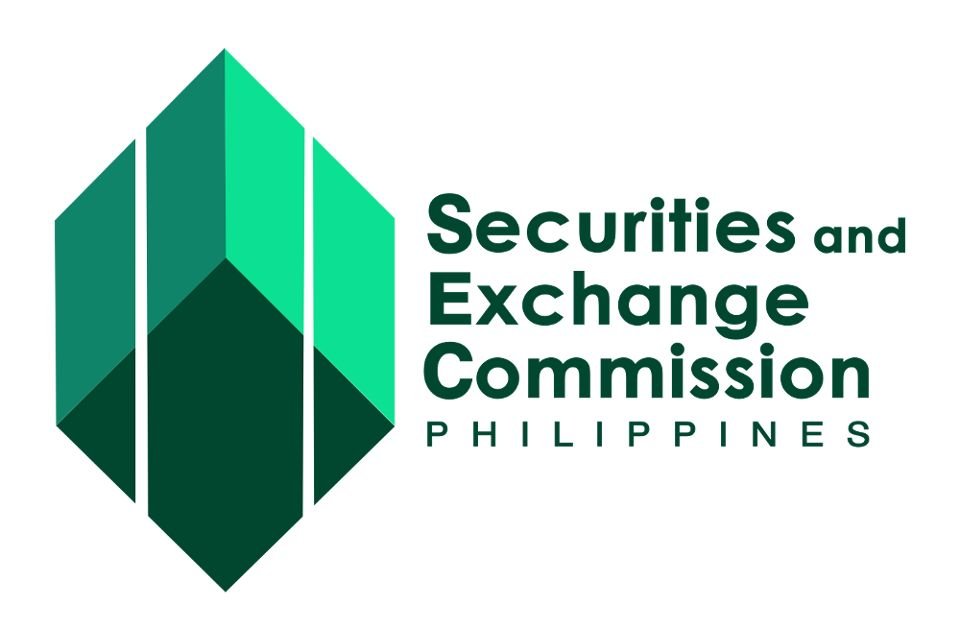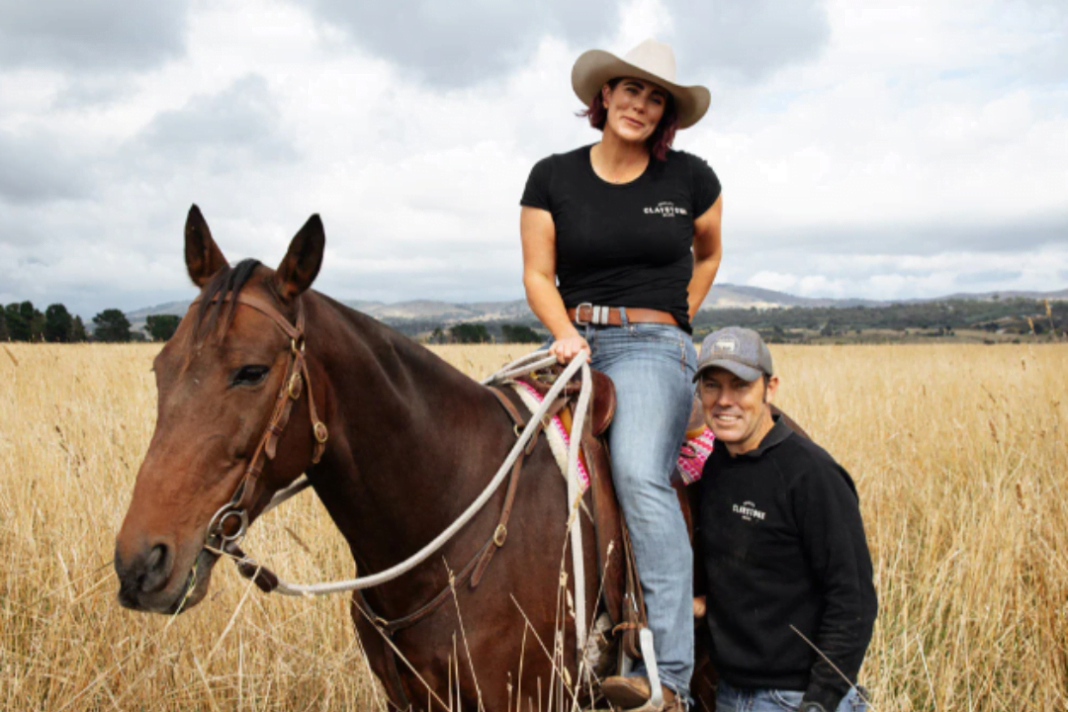The Philippine Securities and Exchange Commission (SEC) is maintaining an optimistic outlook on the future of crowdfunding, despite recent setbacks. The SEC’s efforts to promote crowdfunding as a viable capital-raising option for micro, small, and medium enterprises (MSMEs) have encountered some early difficulties, or “birth pains,” but the regulator remains undeterred.
Early Struggles and Current Landscape
Crowdfunding in the Philippines has seen mixed results. The country currently has three licensed crowdfunding intermediaries: SeedIn Technology Inc., Investree Philippines, and Eastern Securities Development Corp. These platforms have been instrumental in connecting MSMEs with potential investors, offering them much-needed access to capital.
However, the journey has not been smooth. Investree Philippines, the first crowdfunding intermediary in the country, announced it would cease operations by September 2025. Since its inception in 2020, Investree Philippines has supported over 180 businesses and funded more than 800 applications. The closure highlights the challenges faced by crowdfunding platforms in sustaining operations and achieving profitability.
Fraud Concerns and Regulatory Actions
Another significant challenge came to light with SeedIn, which raised alarms over potential fraudulent activities involving its former president, Edison Tsai. The SEC has initiated a special audit to investigate these claims, emphasizing its commitment to ensuring transparency and trust in the crowdfunding sector. This move is crucial to maintain investor confidence and protect the integrity of the market.
The SEC’s Optimism and Forward-Thinking Approach
Despite these issues, SEC chairperson Emilio Aquino remains positive about the future of crowdfunding in the Philippines. He acknowledges that the country is experiencing the same initial challenges seen in other jurisdictions like Indonesia and Malaysia. Aquino’s statement underscores a willingness to learn from these early setbacks and adapt regulatory frameworks to better support the growth of crowdfunding.
The SEC’s regulations allow SMEs to solicit investments without the need to register securities or secure direct approval from the commission, streamlining the process and making it more accessible. This approach is designed to encourage more businesses to consider crowdfunding as a viable funding option.
The Road Ahead
Looking forward, the SEC aims to refine its regulatory approach based on the lessons learned from these initial experiences. The focus will be on plugging potential loopholes and ensuring a robust framework that supports sustainable growth in the crowdfunding sector. This includes more stringent oversight and audits to prevent fraudulent activities and protect investors.
Moreover, the SEC is encouraging digital platforms to play a more significant role in the capital-raising process. By leveraging technology, the SEC believes that crowdfunding can become a more efficient and effective way for MSMEs to access the funds they need to expand their businesses.
Conclusion
The Philippine SEC’s commitment to fostering a healthy crowdfunding ecosystem, despite the initial challenges, is a positive sign for the future. By addressing the early setbacks and refining its regulatory framework, the SEC aims to create a more supportive environment for MSMEs and startups. This approach not only enhances the credibility of crowdfunding in the Philippines but also opens up new opportunities for businesses to thrive.
As the crowdfunding landscape continues to evolve, platforms and regulators alike must remain vigilant and adaptable. The lessons learned from early struggles will be instrumental in shaping a more resilient and dynamic crowdfunding sector in the Philippines.



